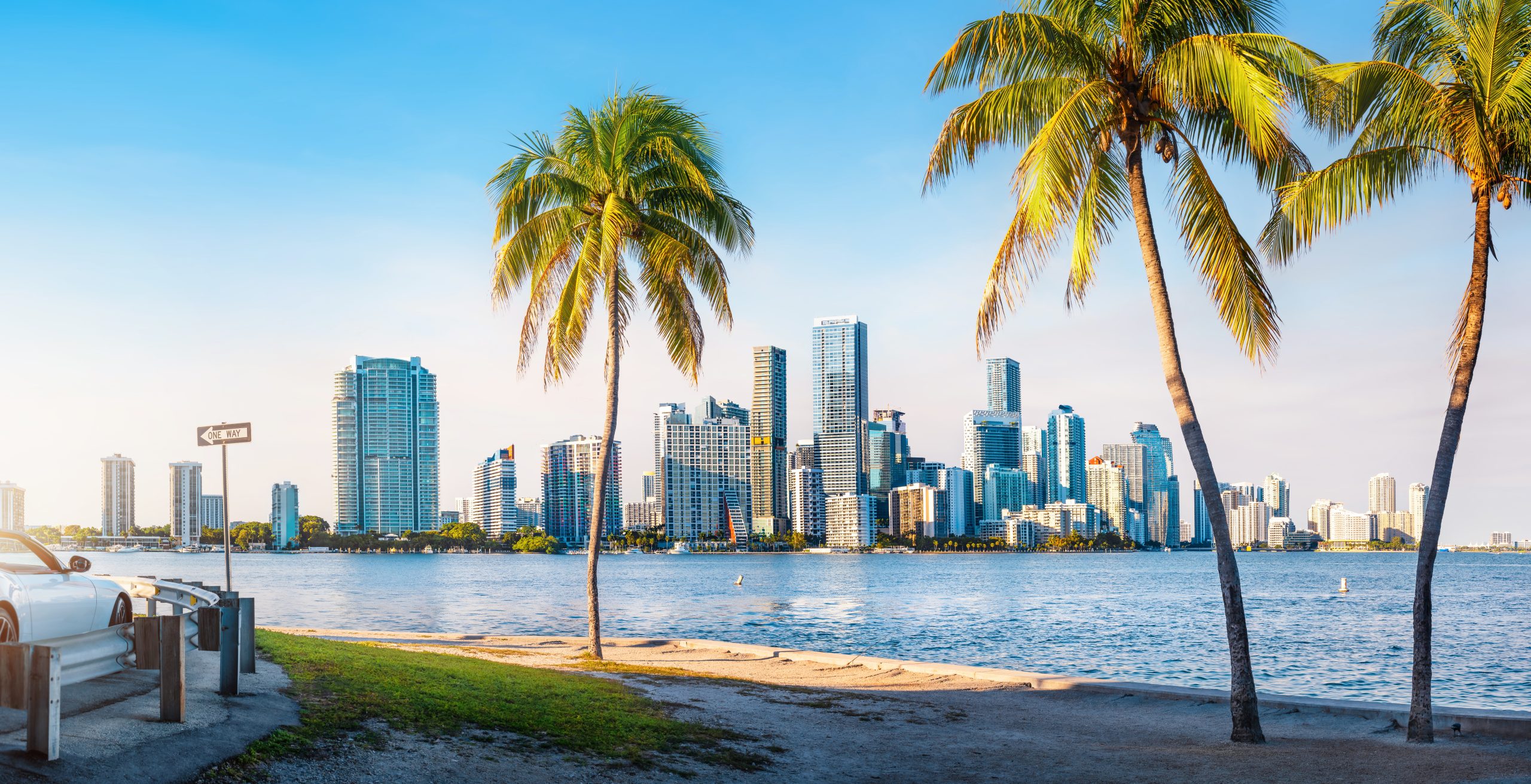Scotland agrees on 50p minimum unit pricing
The Scottish parliament agreed yesterday that the minimum price on a unit of alcohol from 1 May this year is to be 50 pence, with supporters calling for further increases and the drinks industry warning of a new “black market”.
Ministers in the Scottish parliament voted yesterday (26 February) for minimum unit pricing (MUP) to be 50p when it is introduced later this year.
This will raise the cheapest price for a four-pack of beer from £1 to £1.78, a three litre bottle of cider from £3.59 to £11.22, a 70cl bottle of vodka from £9.97 to £13.11, Scotch from £11 to £14 and a bottle of wine from £3.09 to £4.98.
As can be seen above, the biggest single rise will be for high proof cider where the price increase will be just over 212%.
Scotland’s health secretary, Shona Robison, said that: “With alcohol on sale today in some places at just 16p per unit, we have to tackle the scourge of cheap, high-strength drink that causes so much damage to so many families. This move will save thousands of lives.”
Scotland first proposed MUP back in 2011 but the move was challenged by the Scotch Whisky Association, which argued it breached European competition laws.
Since then there has been a lengthy legal battle, first in the EU and subsequently in the UK where the Supreme Court finally ruled last year that it could go ahead.
Health campaigners and supporters of MUP welcomed the move but simultaneously have begun saying it is not enough; The Royal Society of Edinburgh saying price should have moved with inflation since the initial 2011 proposal and been set at (at least) 60p.
Ministers in the Scottish Liberal Democrat and Green parties have also called for the higher rate and revisions every two years.
As reported by The Times at the weekend, the introduction of MUP is seen as “just the beginning” for the anti-alcohol lobby.
The RSE has issued a statement saying: “A rise to a rate of 70p would reflect a greater degree of ambition, might also be supported, and would have a larger effect on the consumption of alcohol and on inequalities of outcomes.”
The Scottish National Party will no doubt be sensitive to a backlash among voters, particularly after its losses in last year’s general election.
The drinks trade has also warned that the introduction of MUP risks the creation of a new “black market” for alcohol.
A statement from The Wine and Spirit Trade Association said: “There is a real concern that the implementation of a minimum unit price provides a significant incentive to trade alcohol illicitly. Minimum unit pricing will create a price differential between the production cost of a product and its retail price well in excess of the retailer margin.
Partner Content
“This therefore creates an incentive to sell products that will be available at wholesale in Scotland, or from other parts of the UK where the regulations do not apply, outside of legitimate retailing channels to profit while still undercutting legitimate retailers.”
Miles Beale, CEO of the WSTA, said in a statement to the drinks buisness: “A Minimum Unit Price of 50p will already increase the price of half of all alcohol sold in shops and supermarkets. Any increase beyond 50p would have an even more significant impact, particularly those on low incomes and the majority of drinkers who drink moderately.
“Moreover, the modelling on which the Scottish Government’s policy is based did not include any uprating as part of its projections for the impact of the policy, against which the MUP experiment will be judged over the five year period.
“What is more important is that businesses are provided with clarity on the exact nature of the regulations so that they can ensure they are fully compliant by the implementation date, because this is a costly and complex piece of regulation that has never been tried before.
“The Scottish Government also needs to ensure that the impact of a 50p Minimum Unit Price on businesses and on all consumers is rigorously and objectively monitored and evaluated.”
Down Under
Meanwhile, in Australia’s Northern Territory it has also been announced that, after the recent Riley review, MUP is to be introduced in a bid to counter alcohol abuse and crime.
Attorney general, Natasha Fyles, said: “Territorians want and deserve safe communities and today we are releasing the most comprehensive framework in the Territory’s history to tackle the No 1 social issue.
“We promised Territorians we would take an evidence-based approach to tackling alcohol-related harm and the government’s response to the Riley review provides a roadmap to address that.”
Rejecting only the review’s recommendation that buying alcohol on Sundays be banned, a minimum unit price of AU$1.30 will be introduced making the lowest price for a bottle of wine $9.





This won’t work as the UK is already flooded with non duty paid spirits (and wines) purchased online being shipped in from the continent. Our border force are not permitted to intercept these consignments and HMRC will do nothing to make the EU retailers comply with EU or UK law. You can buy litres of branded spirits like Smirnoff for under £11 from www.uvinum.co.uk, the Scottish minimum price would be around £20. So this will simply add fuel to the already huge black market.